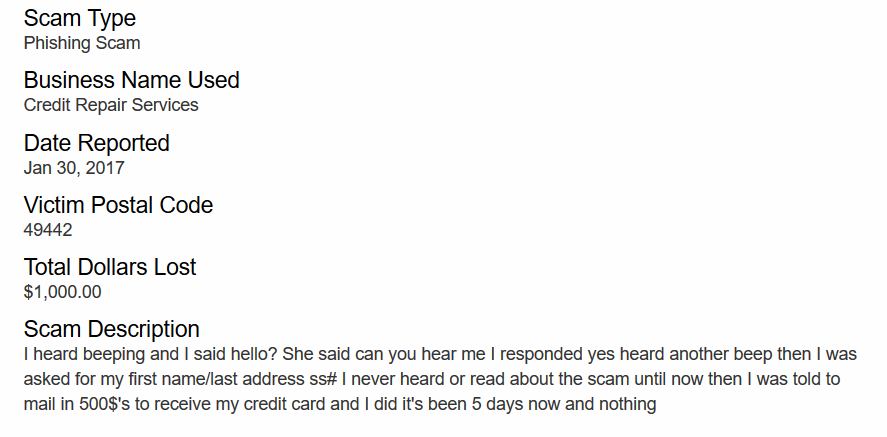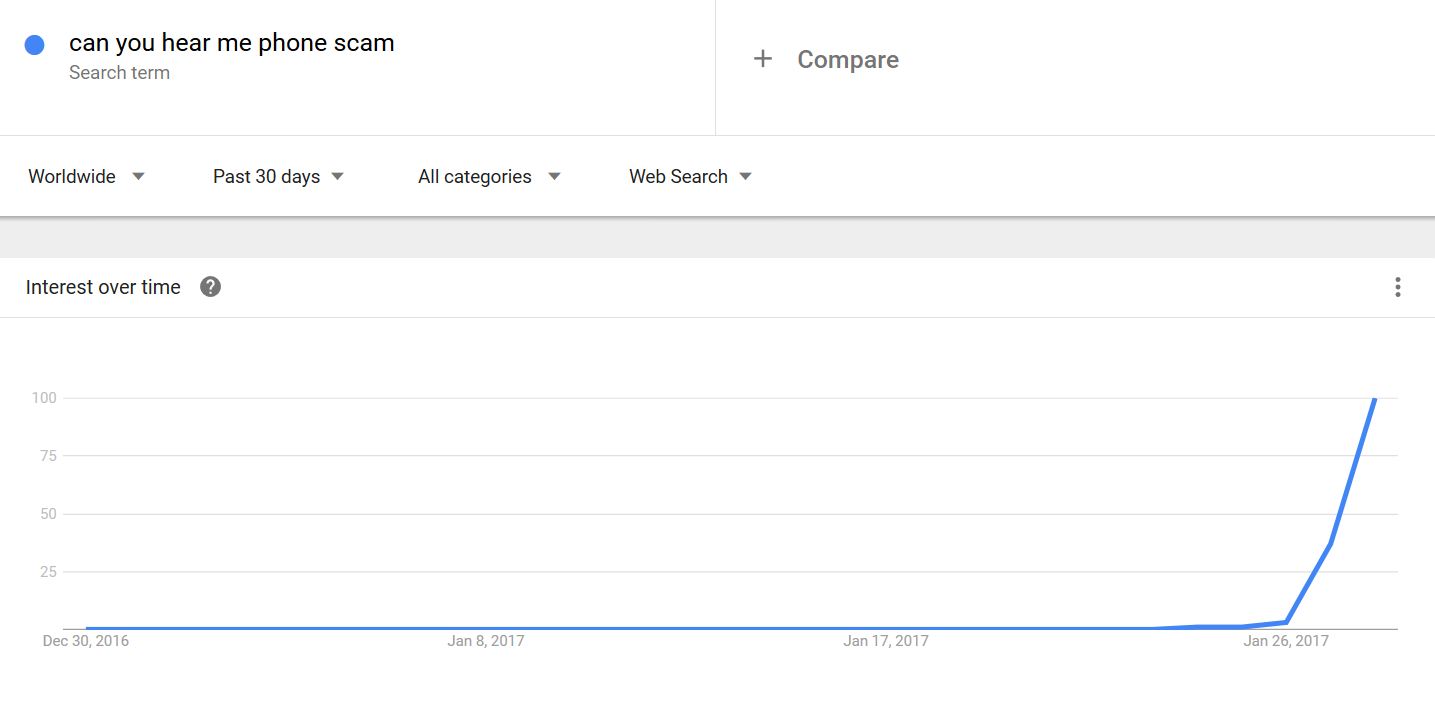A New Phone Scam Is Making the Rounds, but Should You Really Be Scared?
By:
Your phone rings and you answer. "I'm having a little trouble with my headset," an unfamiliar voice on the other end asks. "Can you hear me?"
You can, and answer "yes."
And like that you've been scammed, by criminals who will record your verbal consent to use as "proof" that you opened up bank accounts, charged major purchases, or withdrew money from your checking account.
This is the crux of the "can you hear me?" phone scam that's lighting up local TV news. Stories like these usually feature a few residents talking about how they got the call and either unwittingly answered yes, or knew enough to hang up before they got hit. They also often feature a warning from local police or elected officials not to give information out to unknown callers.
Even national outlets have gotten in on the panic, with USA Today warning "You're a victim with one word in 'Can you hear me?' phone scam," Fox News grimly telling readers "Beware of answering with this one word in new phone scam," and a heavily-cited CBS News story declaring "Beware new 'can you hear me' scam."
While the scam has been the subject of a great deal of coverage, and people are getting calls, there's one important bit of evidence that's missing: people who've lost money.
No published reports about the scam have included any stories of anyone who has answered "yes" to the question, and later found they were a victim of fraud. In fact, there's nothing in any published story that confirms the calls are anything other than telemarketers asking if they can be heard — and then launching into a sales pitch or fish story when they get a "yes."
The Better Business Bureau's Scam Tracker website allows users to enter real-time encounters with scammers, including details of how much money they lost. In the last week, the site has been deluged with reports of receiving "can you hear me calls."
ATTN: reviewed nearly 500 scam reports sent in to the site since January 26, and only one reports having lost money: someone who claims they received the call, answered yes, and then were asked to mail in $500 to get a new credit card — which they did. While this is unfortunate, it also doesn't fit with the parameters of the scam.
 Better Business Bureau - bbb.org
Better Business Bureau - bbb.org
According to the Pittsburgh BBB affiliate, the scam was first reported there in October 2016. Again, ATTN: reviewed claims on Scam Tracker and found none that matched.
While the Scam Tracker site is unvetted, and potential victims could be staying silent, Snopes has also scoured scoured local news reports and found no actual claims of money being lost.
The flood of reports to Scam Tracker began on January 26, the same day Google Trends began spiking with searches for "can you hear me phone scam." This isn't surprising, as the CBS story is dated January 26, with stories by Fox News, USA Today, the New York Daily News and others all dated January 27. Before then, the story was only covered by local news outlets.
 Google Trends - google.com
Google Trends - google.com
The world of scams is intentionally opaque, making it difficult to know exactly what's going on. It's clear from the published reports that there's definitely a major uptick in these calls, and the thefts could be coming later.
But if that's the case, it wasn't borne out in the scam's first iteration in October. The scam could also be a new form of the classic 90s "telephone slamming" scam, where one is tricked into giving consent to change their long-distance carrier. But this is a scam that only works with land lines, and has been out of vogue since the explosion in cell phone use.
Beyond that, local authorities have a bad habit of warning people about nothing, with police reports about everything from the "flashing headlights" gang initiation to fake hundred dollar bill carjacking schemes scaring people for no good reason.
Without other evidence of actual theft, the panic over the "can you hear me" scam seems to be another case of local news turning nothing into something, and a national media hungry for stories running with it.
Regardless of what the scam is, the BBB has sound advice about what to do if you get a call from someone asking if you can hear them: just hang up. And if you did answer yes and then hung up, just watch your finances — which you should be doing anyway.
